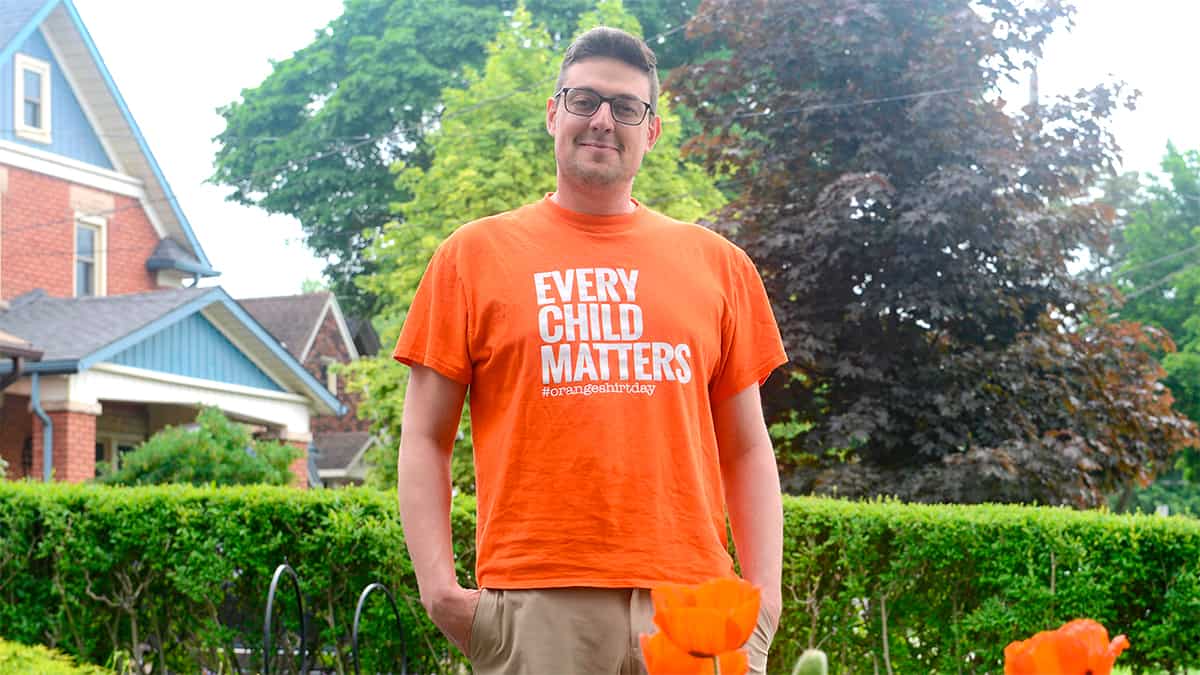;
;
;
Next Article
A childhood reflection on the life of a grandparent

Hawkesville native Mark Brubacher is one of three Waterloo Region educators recognized with a distinguished teacher of the year award. Organized by the Elementary Teachers’ Federation of Ontario (ETFO), the award recognized exemplary teaching. A range of criteria are considered in choosing recipient
Last updated on May 03, 23
Posted on Jun 10, 21
3 min read
